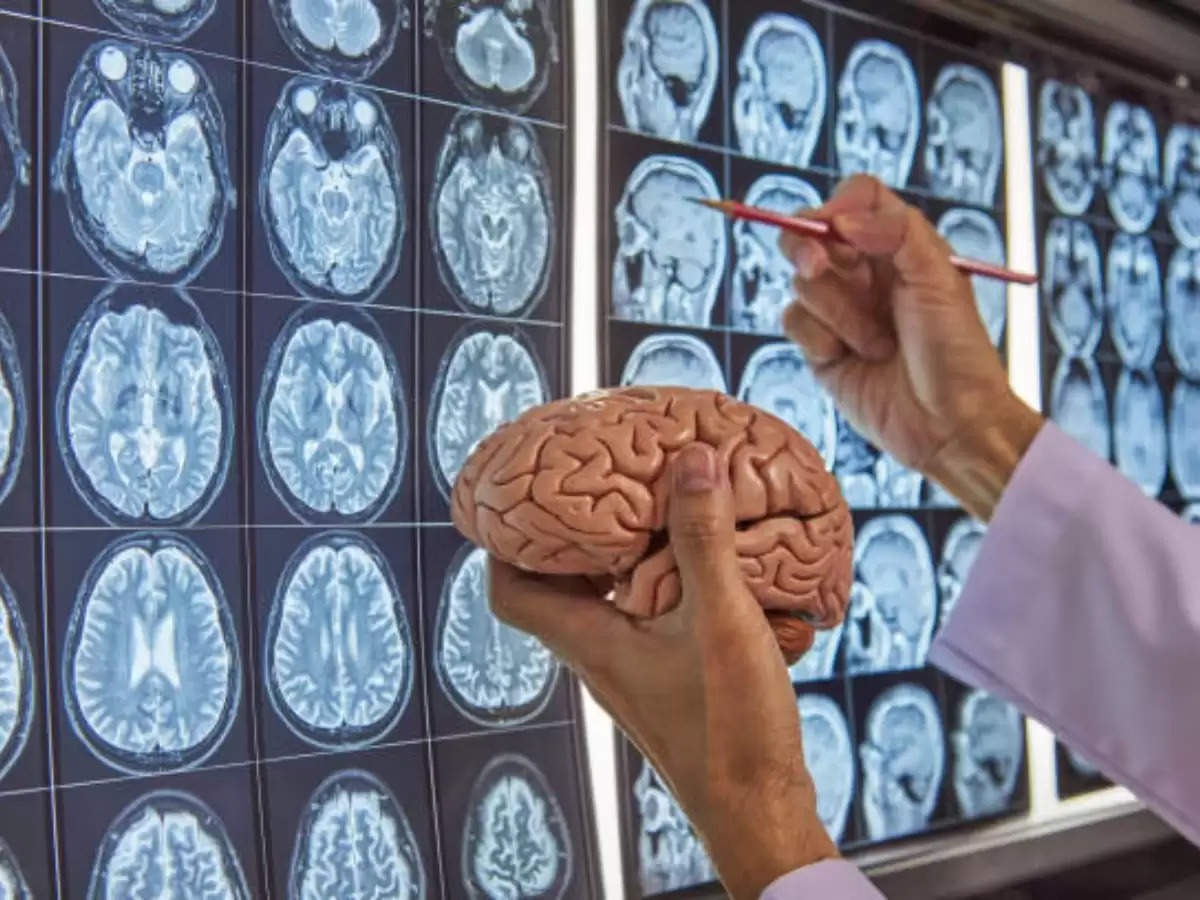Northwestern Medicine in Chicago A team of scientists has identified some new parts of the brain that play an important role in social interactions. These areas are related to older parts of the brain, such as the amygdala, which is associated with fear and emotion. This discovery could be especially helpful in treating mental problems such as anxiety and depression.
The scientists said the discovery highlights an important aspect of brain evolution, helping us understand how we can think about what’s going on in other people’s brains. The study is published in the journal Science Advances, and its findings could provide new directions in mental health treatment.
Social interaction and brain development
In this study, scientists have tried to know how humans are able to understand what is going on in the minds of others. According to the researchers, the parts of the brain that support social relationships evolved recently and are linked to an ancient part of the brain, the amygdala. The amygdala is most commonly associated with threat detection and fear, but now it also plays an important role in social behaviors such as aggression, rearing, and social-dominance.
This part of the brain scans other parts.
Dr. Rodrigo Braga, senior author of this research, says, “We often wonder what the other person is feeling, is he happy or sad, have I said something wrong?” Which means that this process is a new evolutionary phenomenon.
Relationship of the amygdala and social cognitive networks
Scientists found that the parts of the brain that improve social interactions are called “social cognitive networks.” These networks are in constant contact with the amygdala and this communication is always ongoing. There is a special part within the amygdala called the ‘medial nucleus’, which is important for social behavior. This study was the first to show that the medial nucleus of the amygdala is connected to newly developed parts of the social cognitive network.
effects on mental health
Experts say that this study can give new direction to the treatment of mental disorders like anxiety and depression. Anxiety and depression involve overactivity of the amygdala, which can lead to excessive emotions and difficulty controlling them. Studies have shown that the connection between the amygdala and social cognitive networks may influence mental health.
 look news india
look news india
